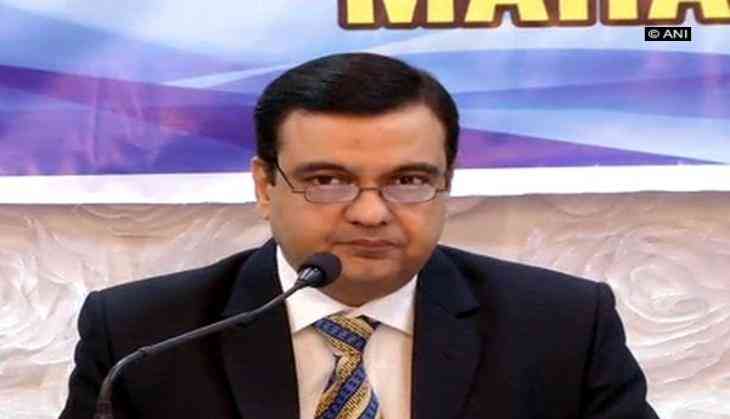
The Indian Medical Association (IMA) on 2 January termed the National Medical Commission as draconian and undemocratic.
The National Medical Commission Bill 2017, which seeks to replace and subsume the Medical Council of India (MCI) with a new body was tabled in the Rajya Sabha today.
Addressing a press conference here, Dr Parthiv Sanghvi of IMA, said, "The IMA is against the National Medical Commission because it is a government body where 90 percent members will be nominated by the government. The structure of National Medical Commission is draconian, undemocratic, unparliamentarian and against the basic ethos and ethics that have been upheld by the Medical Council of India. "
He said the slogan for the medical community is 'No to NMC (National Medical Commission).
"The central government has left us no option but to call it a 'black day' in the history of medical profession. No to NMC (National Medical Commission) is a slogan for medical community as well as every patient," said Dr. Sanghvi.
Meanwhile, Fortis Healthcare extended support to the IMA strike. The IMA has called for a one-day strike against the bill today.
"In solidarity with the cause, we have decided to wear black badges and display notices expressing our support. Being an organisation committed to patient care we shall cause no inconvenience to our patients with prior appointments and shall honour our commitment to those coming from out of town,"
The draft National Medical Commission Bill 2017, which seeks to replace and subsume the Medical Council of India (MCI) with a new body was tabled in the Rajya Sabha today by Union Health Minister J.P. Nadda.
The draft bill was introduced by Nadda in Lok Sabha on Thursday.
Aiming to ensure transparency, the bill also seeks to allow practitioners of Ayurveda, Yoga and Naturopathy, Unani, Siddha and Homoeopathy, to practice modern medicine once they complete a short term "bridge" course.
Clause 49 of the Bill calls for a joint sitting of the National Medical Commission, the Central Council of Homoeopathy and the Central Council of Indian Medicine at least once a year "to enhance the interface between homoeopathy, Indian Systems of Medicine and modern systems of medicine".
The bill is also aimed at bringing reforms in the medical education sector which has been under scrutiny for corruption and unethical practices.
-ANI


